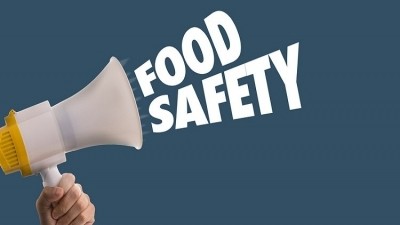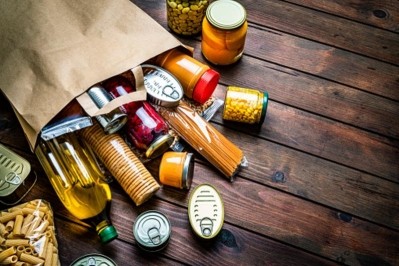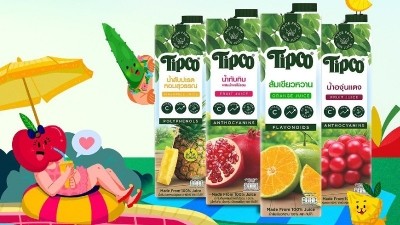Food additive levels in South Korea’s ‘children-preferred’ processed foods at acceptable levels - government study

Processed foods as a general category have seen increased popularity in South Korea over the past few years, and alongside this has come rising concerns about the connotations of exposure to food additives as a result of these products.
This has been particularly so for what South Korea deems ‘children-preferred’ products, which covers a wide range of processed food and beverage items that are particularly popular amongst schoolchildren and teenagers
Just about every type of processed food item imaginable fall into this category, such as carbonated drinks, juices, instant and convenience foods, dairy, bakery items, processed meat and seafood, candy, chocolates, rice cakes and more.
In an attempt to put public concerns about food additives in processed foods to rest, the South Korean government has decided to perform a series of studies on food additive intake and its food safety risk for several consumer segments, starting with children, and the results of its first study have concluded that current intake levels are considered safe.
“Consumer interest in food safety and particularly the levels of food additives in the production and import of foods and beverages within South Korea’s food supply has been on the rise as of late, especially as MFDS data has revealed that the performance of these has been on a continuous rise in recent years,” South Korea Minister of the Ministry of Food and Drug Safety (MFDS) said via a public statement.
“As such, in 2021 we have performed a survey on the intake level of food additives in children, covering over 1,200 subjects between one and 18 years of age and on 36 food types that fall in the children-preferred foods category, and this survey has confirmed that this intake level is safe at no more than 29.4 ㎍/kg bw/day, which is 1.4% or less of the acceptable daily intake (ADI, calculated differently for different additives and based on individual body weight) on average.”
MFDS data has shown that processed food production and imports have been continuously rising since 2018, from KRW50.8tn in 2018 to KRW53.9tn (A rise of 6.2%), to KRW54.8tn (A rise of 1.6%).
“This is the first of a series of three surveys we will be conducting to ensure public health is secured – in 2022 a similar survey will be done for the elderly demographic, and in 2023 the survey will be expanded to single-person households,” said Kim.
“MFDS has established ingredient specifications and standards, as well as manufacturing standards, and periodically evaluates local food additive levels. It has also been mandated for the type and usages of food additives to be stated on product labels, so consumers are able to check these when making purchases.
“Hopefully providing this information and the results of this survey will allow the public to consume foods and beverages in South Korea with confidence.”
Safe but not totally assuring
That said, although these results may be sufficient to pacify general food safety, they remain unlikely to address the concerns of more discerning parents, particularly considering how commonly these were detected in various processed foods.
For instance, colourant nitrite was the most-detected additive found in the food products studied at 36.5%, followed by sweetener sucralose, and preservative sorbic acid at 7.5%. Other additives included E-numbered colourings, bleaches like sulfite and more.
Nitrite was found predominantly in processed meats like ham (79.4%) and sausages (68.9%); sucralose in yoghurt drinks (58.1%), processed dairy (15.2%) and sodas (14.3%); and sorbic acid in pickles (36.7%), processed fish (29.4%) and soybean paste (20%) – all of which MFDS also acknowledged as showing ‘high detection rates’, but stressed that these were within government standards and guidelines.
As such, even though the results this survey may be reassuring for food and beverage firms, it may be wise for manufacturers and importers - especially those dealing in processed meats, yoghurt drinks, or pickled products – to evaluate formulations, as with consumer trends tending further and further towards healthier product choices, soon even government assurances may not be sufficient to stop consumers looking elsewhere at other brands with fewer additives.






















